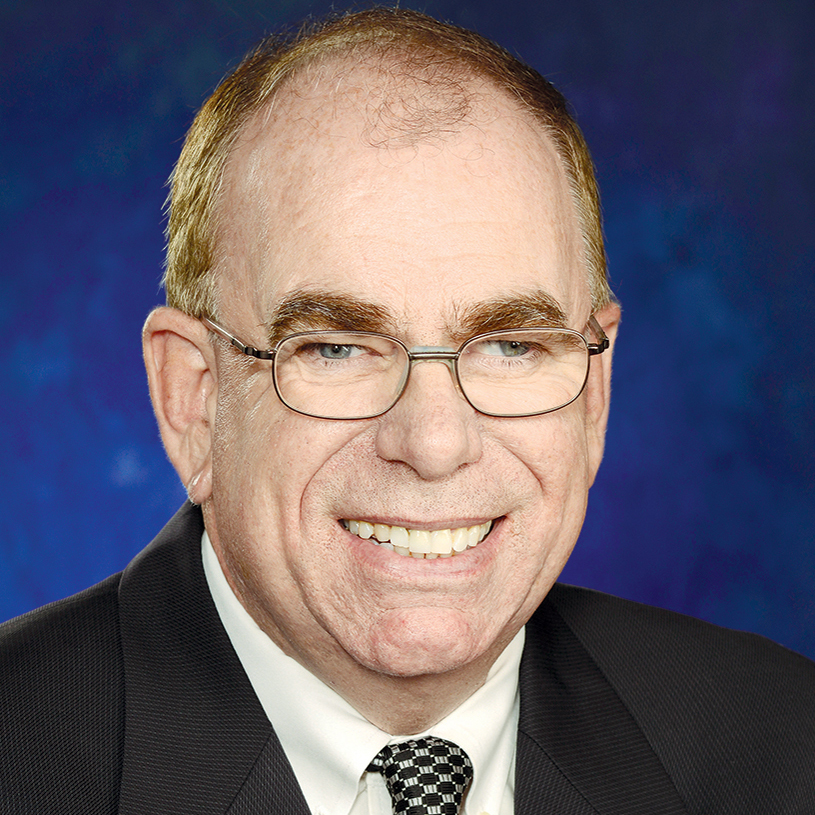
It’s a bit troubling to watch bad moves made by skilled care operators repeated in senior living. Yet it continues to happen.
Perhaps the worst decision of all was what I like to call the Great Compromise. By that, I mean the senior living field’s collective choice to let Medicaid reimburse operators for care and services.
It’s not hard to see how desperation and tough times forced so many communities to embrace Medicaid. But in a way, the transition marked an end of innocence.
Let’s remember that senior living — or assisted living, as it was called during the go-go years of the ’80s and ’90s — was largely marketed as an antidote to nursing homes. Assisted living residents would be given more autonomy in exchange for taking more risk. The result: a less institutionalized and less compliance-driven way to live one’s final years. Of course, for that deal to happen, Uncle Sam had to be kept off the premises.
But in letting states and the federal government help pay the bills, senior living operators gained something far less desirable – a new business partner. And, I might add, a very particular one at that.
I sometimes hear senior living operators say they don’t want their field to be federally regulated. My response is this: It’s already starting to happen — and it’s only going to get worse.
Here’s another bad choice senior living seems to be getting comfortable with: neglecting to hold its bad actors accountable.
As my colleague Kimberly Bonvissuto reported yesterday, the owner and an executive of a chain of assisted living communities and nursing homes have been charged with fraud for allegedly orchestrating a Ponzi scheme. At least 75 investors were defrauded out of more than $22 million, the Department of Justice announced.
And the sector’s response? Actually, there hasn’t been one.
Which begs these questions: Where is the field’s outraged reaction here? And where are the voices of leadership loudly insisting such business practices are too toxic to be tolerated?
I can tell you that on the nursing home side, there is virtually no response whenever an operator is charged with nefarious behavior. Which, by the way, has become a fairly routine occurrence.
Now in some ways, the lack of disbelief among senior living operators is understandable. After all, who wants to embarrass a colleague, right? Besides, you’ve got your own headaches to deal with. And who knows when officials bearing embarrassing questions might show up at your door.
But here is the thing: By keeping quiet, the field is condoning reprobates while making it easier for others with malice in their hearts to follow suit. Care to guess where that eventually leads?
Unless this nonsense gets nipped in the bud, this sector can count on a future filled with more rules, regulations and oversight. Is that the future this sector deserves? Well, just maybe it is.
The ball’s in your court.

